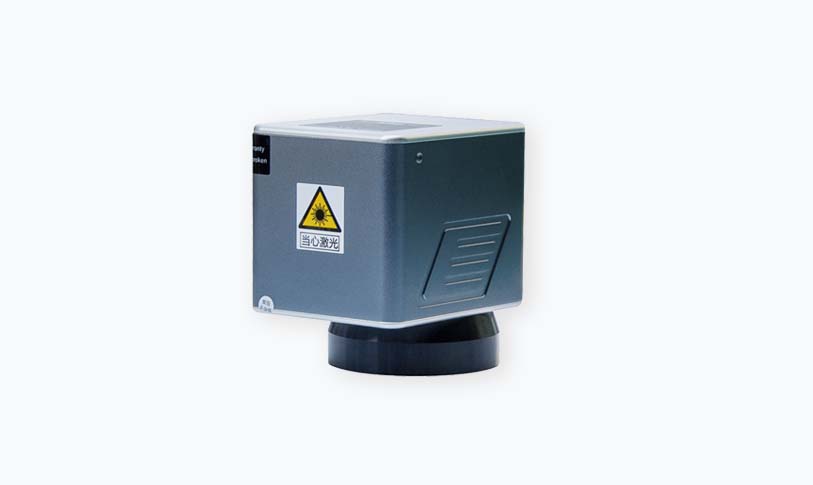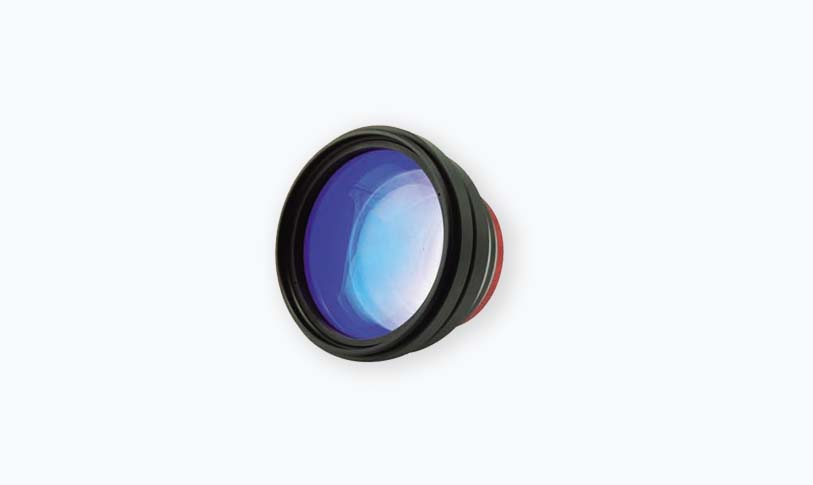In recent years, the urgency for precision and efficiency in manufacturing has propelled the technological advances of laser systems. Among these advancements, the 30W Mopa fiber laser has emerged as a transformative tool, widely used across various industries for its unmatched capabilities. This article delves into the working principles, applications, advantages, and future potential of 30W Mopa fiber laser technology.
**Understanding Mopa Technology**

Exploring the Innovative Capabilities of 30W Mopa Fiber Laser Technology in Industrial Applications
Mopa stands for “Master Oscillator Power Amplifier,” a specialized configuration of laser systems that enhances flexibility and control over the laser’s output. Traditionally, fiber lasers produce a consistent beam of energy. However, Mopa technology allows for pulse modulation, enabling operators to adjust the pulse width and frequency. This characteristic makes the 30W Mopa fiber laser versatile, accommodating different materials and applications with ease.
**Key Components of 30W Mopa Fiber Laser**
The 30W Mopa fiber laser consists of several integral components, each playing a crucial role in its operation:
1. **Master Oscillator**: This component generates the laser beam. With Mopa technology, its output can be finely adjusted, allowing for precision in laser cutting, marking, and engraving.

Exploring the Innovative Capabilities of 30W Mopa Fiber Laser Technology in Industrial Applications
2. **Power Amplifier**: The beam is amplified in power through this module, typically comprised of multiple fiber stages.
3. **Control System**: An advanced control system manages the laser’s output parameters. This allows for real-time adjustments depending on the material being processed and the desired finish.
4. **Cooling System**: To maintain operational integrity, efficient heat management ensures the laser operates at optimal temperatures, increasing its lifespan.
**Applications of 30W Mopa Fiber Laser Technology**
The versatility of the 30W Mopa fiber laser is evident across several industries:
1. **Metal Marking and Engraving**: Mopa technology enables high-quality marking on a range of metals, including stainless steel, aluminum, and brass. The ability to adjust pulse width allows for controlled marking, catering to various surface finishes.
2. **Plastic Processing**: The 30W Mopa fiber laser is adept at marking and engraving plastics. It can be used in applications such as labeling and creating intricate designs without damaging the substrate.
3. **Medical Devices**: Due to its precision, this laser technology is significant in the medical industry for marking surgical tools, implants, and devices, ensuring traceability and compliance with regulations.
4. **Jewelry Making**: The ability to achieve fine detail and rapid processing makes the 30W Mopa fiber laser an invaluable asset in the jewelry industry for engraving and modifying metal pieces.
**Advantages of Using 30W Mopa Fiber Lasers**
1. **Precision and Detail**: The ability to finely adjust the pulse width enhances engraving and cutting fidelity, producing clear and sharp finishes.

Exploring the Innovative Capabilities of 30W Mopa Fiber Laser Technology in Industrial Applications
2. **Material Compatibility**: The flexibility of Mopa technology allows operators to work with a vast range of materials, including metals, plastics, wood, and even glass.
3. **Efficiency**: The energy-efficient design of fiber lasers contributes to reduced operational costs. The 30W output ensures that projects are completed quickly without compromising quality.
4. **Minimal Maintenance**: Unlike traditional CO2 lasers, Mopa fiber lasers have no mirrors or lenses that require frequent replacement. This contributes to lower maintenance costs and higher uptime.
**Future Potential**
As industries globally move toward automation and smart manufacturing, the demand for advanced laser technologies like the 30W Mopa fiber laser will inevitably rise. Its ability to enhance production speeds and minimize operational costs makes it a pivotal component in the future of manufacturing, especially with the increasing emphasis on sustainable practices.
Moreover, with continuous advancements in laser technologies, we can anticipate developments that will further push the capabilities of the 30W Mopa fiber laser. This includes improvements in software integration, AI-driven automation, and greater compatibility with Industry 4.0 systems.
In conclusion, the 30W Mopa fiber laser stands as a testament to the innovations redefining industrial applications. Its precision, flexibility, and efficiency position it at the forefront of modern manufacturing, paving the way for enhanced productivity and creativity across various sectors. As industries adapt and evolve, embracing such advanced technologies is essential for maintaining competitiveness in the fast-paced market landscape.laser control software


